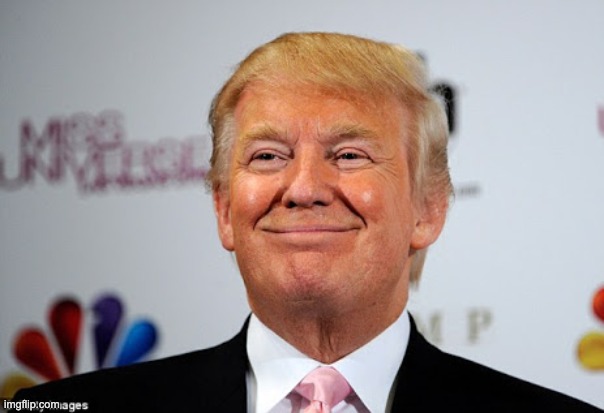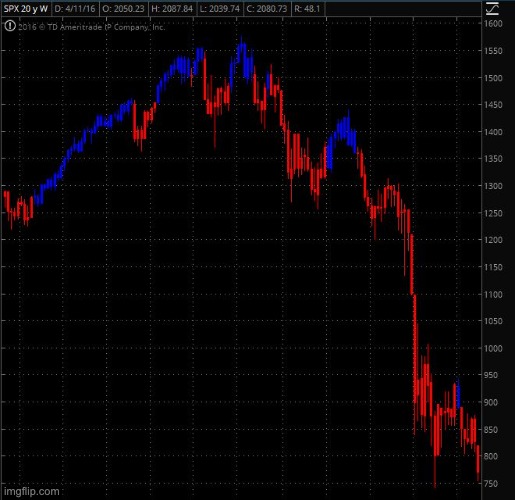U.S. Government Acquires 10% Equity in Intel to Bolster Domestic Semiconductor Ambitions

SPREAD THE MESSAGE!!!!
Tweet Tweet Tweet Tweet Tweet Tweet TweetSUPPORT HERALD POST MAIL BY DONATING ON BUY ME A COFFEE☕️
In an extraordinary intervention in the private sector, the U.S. government has agreed to acquire a roughly 10% equity stake in Intel, converting previously pledged federal funding into stock in the chipmaker. Announced on August 22, 2025, this deal marks a profound departure from traditional grant-based support under the CHIPS and Science Act.

Under the agreement, the federal government will purchase approximately 433 million non-voting Intel shares at $20.47 each—representing a total investment of $8.9 billion drawn from outstanding CHIPS Act grants and Secure Enclave program funds. Intel has stated that the shares will carry voting restrictions, and the government has agreed to generally align its voting with the board’s decisions, with limited exceptions.
President Trump characterized the arrangement as a patriotic maneuver to ensure taxpayers gain a tangible return from industrial subsidies—rather than simply funding manufacturing without direct stake. He credited the deal to intense negotiations with CEO Lip-Bu Tan, who had faced prior criticism over his previous ventures in China. Tan attended a White House meeting, offered a public pledge of loyalty, and reportedly played a central role in brokering the agreement.
The announcement triggered a modest rally in Intel’s stock price, though analysts caution that the root challenges facing the firm remain unaddressed. Intel has reported massive losses—more than $22 billion since the end of 2023—and continues to lag rivals like AMD and TSMC in manufacturing capacity and innovation.
Experts also raised concerns over the broader implications of the deal for market dynamics and the separation between public and private sectors. Critics warn this move could politicize corporate decision-making and distort competition, comparing it to the government stake in General Motors during the 2008 financial crisis.
As part of the wider strategy, SoftBank also recently took a smaller 2% stake in Intel with a $2 billion investment, signaling renewed confidence from private investors.
This government-backed equity stake adds new momentum to Trump’s efforts to push semiconductor manufacturing back into American hands. At the same time, the stakes are high—for Intel’s future, for investor confidence, and for the evolving nature of public-private collaboration in strategic industries.
U.S. Government Acquires 10% Equity in Intel to Bolster Domestic Semiconductor Ambitions

In an extraordinary intervention in the private sector, the U.S. government has agreed to acquire a roughly 10% equity stake in Intel, converting previously pledged federal funding into stock in the chipmaker. Announced on August 22, 2025, this deal marks a profound departure from traditional grant-based support under the CHIPS and Science Act.

Under the agreement, the federal government will purchase approximately 433 million non-voting Intel shares at $20.47 each—representing a total investment of $8.9 billion drawn from outstanding CHIPS Act grants and Secure Enclave program funds. Intel has stated that the shares will carry voting restrictions, and the government has agreed to generally align its voting with the board’s decisions, with limited exceptions.
President Trump characterized the arrangement as a patriotic maneuver to ensure taxpayers gain a tangible return from industrial subsidies—rather than simply funding manufacturing without direct stake. He credited the deal to intense negotiations with CEO Lip-Bu Tan, who had faced prior criticism over his previous ventures in China. Tan attended a White House meeting, offered a public pledge of loyalty, and reportedly played a central role in brokering the agreement.
The announcement triggered a modest rally in Intel’s stock price, though analysts caution that the root challenges facing the firm remain unaddressed. Intel has reported massive losses—more than $22 billion since the end of 2023—and continues to lag rivals like AMD and TSMC in manufacturing capacity and innovation.
Experts also raised concerns over the broader implications of the deal for market dynamics and the separation between public and private sectors. Critics warn this move could politicize corporate decision-making and distort competition, comparing it to the government stake in General Motors during the 2008 financial crisis.
As part of the wider strategy, SoftBank also recently took a smaller 2% stake in Intel with a $2 billion investment, signaling renewed confidence from private investors.
This government-backed equity stake adds new momentum to Trump’s efforts to push semiconductor manufacturing back into American hands. At the same time, the stakes are high—for Intel’s future, for investor confidence, and for the evolving nature of public-private collaboration in strategic industries.

No comments:
Post a Comment
COMMENTS ARE NOT REGULATED RIGHT NOW!!!
RESPECT FREEDOM OF SPEECH